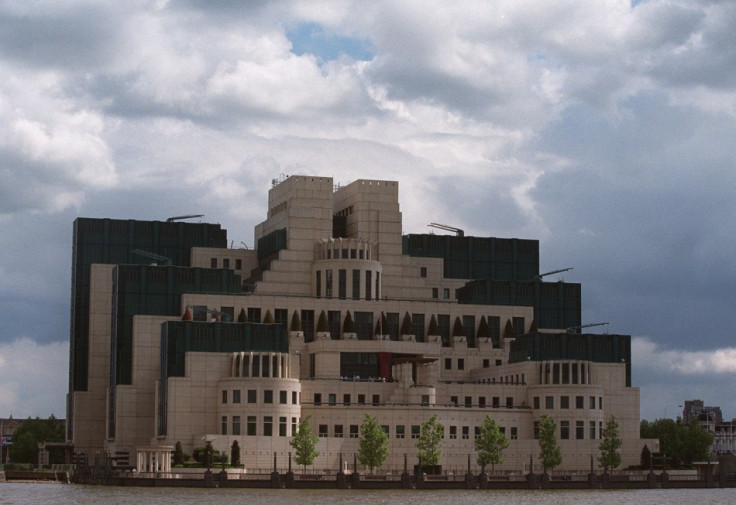UK Government Establishes 'Fusion Cell' to Combat Cyber Attacks
The UK government will today announce the establishment of a cyber security operations centre in London where intelligence agencies and the private sector will collaborate to fight the growing threat from cyber-attacks.

Known as a Fusion Cell, the operations room at a secret location in London will be the epicentre of the Cyber Security Information Sharing Partnership (CISP), a program which forms part of the UK government's Cyber Security Strategy, which it launched back in 2011.
In what sounds like a scene from a far-fetched Hollywood blockbuster, the Fusion Cell will feature a large screen which will visualise the current locations of all cyber-attacks against UK-based targets.
The type of information shared will include the nature of the cyber-attacks, attack signatures and successful mitigation methods.
The establishment of the Fusion Cell is seen as a direct response to an unprecedented increase in cyber attacks against government ministries, leading businesses and critical infrastructure like the telecommunications sector in the past 12 months.
Pilot
CISP was initially set-up two years ago with 80 private companies involved in a pilot scheme known as 'Project Auburn'. The full scheme will see the number of companies involved double to 160.
The lessons learned in the pilot scheme has led the government to build a permanent infrastructure to allow for the future expansion of this information sharing hub.
The scheme will be officially launched today by Francis Maude, the Cabinet Minister responsible for the Cyber Security Strategy who said: "We know that cyber-attacks are happening on an industrial scale.
"Businesses are by far the biggest victims of cyber-crime in terms of industrial espionage and intellectual property theft, with losses to the UK economy running into the billions of pounds annually."
The Fusion Cell will be manned by a combination of about 10 officers from MI5, GCHQ and MI6, plus men and women on secondment from some of Britain's biggest companies.
"A secure Facebook"
All participants will have access to a secure web portal which is based on a social networking structure and was described by one government official as "like a secure Facebook."
Companies have so far been reticent to freely admit that they have been attacked, but David Emm, senior security researcher with Kaspersky Labs said:
"I think things are beginning to change. You look at LinkedIn and Evernote, two of the more recent [attacks], the response there is 'OK, this has happened and here are some precautions we are recommending to our customers.' There seems to be much more of a willingness to go public."
Due to the sensitive nature of some of the information coming into the Fusion Cell, it will only be shared with other private companies with the express permission of the company which was attacked.
Unlike similar schemes in the US and Europe, the UK scheme is cross sector and will involve all departments of the government from the outset.
The CISP is the latest part of the four year Cyber Security Strategy to which the government has pledged £650m - a drop in the ocean according to Emm. This new endeavour comes just two weeks after the government established the Cyber Crime Reduction Partnership which is aimed at tackling the growing threat of organised and cyber crime by combining the efforts of police, industry experts and academics.
© Copyright IBTimes 2025. All rights reserved.






















